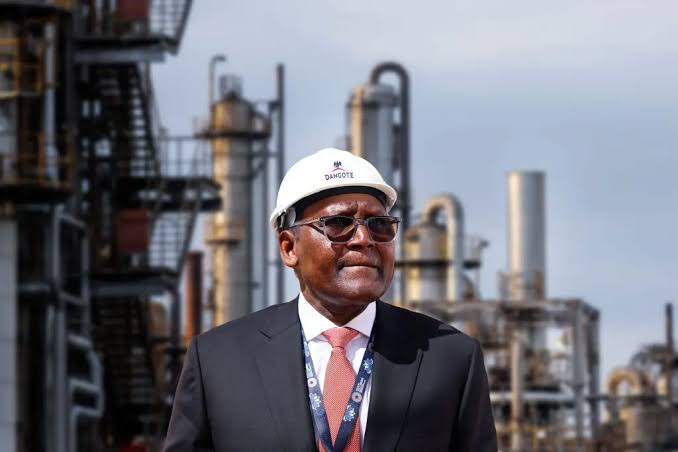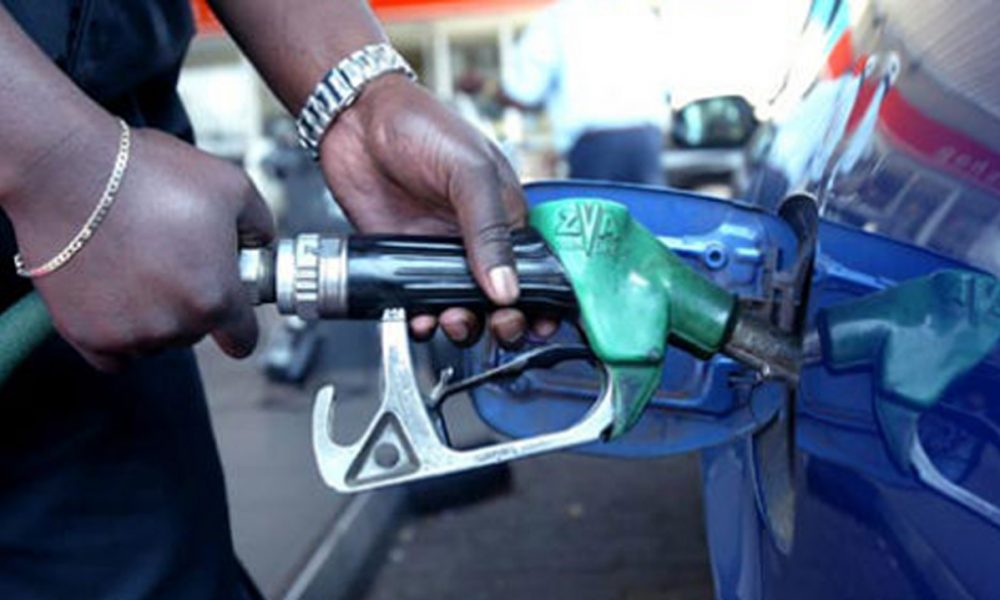Dangote Petroleum Refinery Unleashes a New Era in West African Fuel Supply
A significant development in the regional fuel market has unfolded as the Dangote Petroleum Refinery has officially started exporting refined petroleum products to neighboring West African countries. This move is set to reshape the fuel supply dynamics in the region, according to a recent Bloomberg report.
The report, citing data from reputable sources, reveals that a tanker, CL Jane Austen, carried over 300,000 barrels of gasoline from the Dangote Refinery to waters near Togo. This shipment marks the refinery’s first export since its establishment.
As reported by Naijawebinfo, Ghana’s National Petroleum Authority has already expressed its intention to source petroleum products from the Dangote Refinery. Chairman of the Authority, Mustapha Abdul-Hamid, emphasized that importing fuel from Nigeria instead of Europe could save Ghana up to $400 million monthly, reducing freight costs and, subsequently, lowering the prices of goods and services.
According to Abdul-Hamid, if the refinery reaches its capacity of 650,000 barrels per day, Nigeria alone cannot consume the entire volume, making it more feasible for other countries to import from the refinery. This could result in reduced prices for goods and services.
Other African countries, including South Africa, Angola, and Namibia, are also expected to benefit from the refinery’s exports. Negotiations are underway with Niger Republic, Chad, Burkina Faso, and the Central African Republic, with talks reportedly at an advanced stage with Ghana, Angola, Namibia, and South Africa.
The recent shipment of gasoline is currently anchored off the coast of Lome, Togo, a common hotspot for ship-to-ship fuel transfers. Although it remains unclear where the cargo will ultimately be delivered, such transfers often redirect fuel to other destinations. The shipment, while small by global standards, signifies the refinery’s growing production capacity and potential to disrupt fuel markets across the region.
In the past, the refinery had shipped its first gasoline cargo to Lagos, marking the start of its domestic fuel distribution. However, the extent to which the refinery will export its gasoline output in the future remains uncertain.



